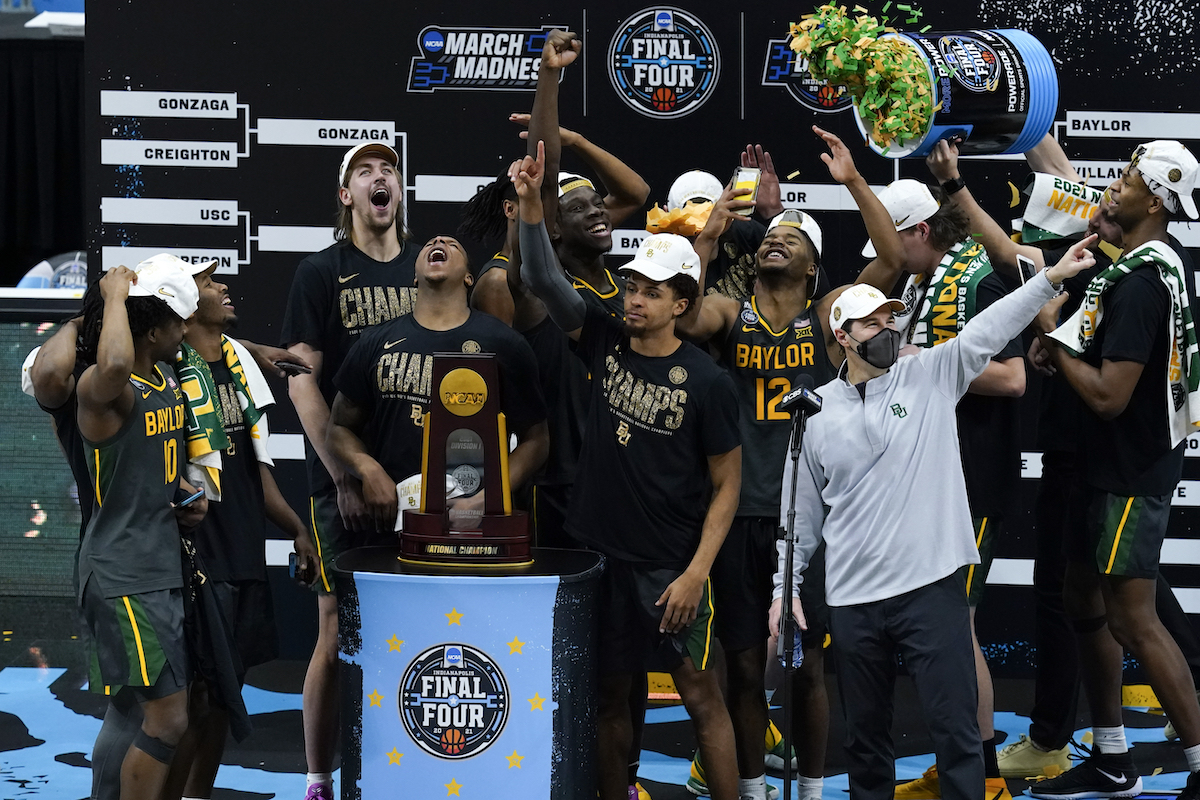On June 21, the Supreme Court of the United States issued a ruling that changed college athletics as we know it.
In an opinion by Justice Neil Gorsuch, the court concluded that the NCAA imposed rules that “are not reasonably necessary to distinguish between college and professional sports.” Gorsuch continued by saying that the NCAA wanted immunity from antitrust laws to protect their multibillion-dollar enterprise. In a separate concurring opinion, Justice Brett Kavanaugh added that the NCAA profits off the backs of student-athletes who do not get appropriate compensation, noting that the business model employed by the NCAA would be illegal in any other American industry.
In response, the NCAA has now enacted new name, image, and likeness (NIL) rules that will permit student athletes to profit from themselves and their efforts. The paradigm shift is critical, not only for the lives of college athletes, but for economic and societal liberty.
Such rules recognize the individual liberty of the college athlete, and individual liberty breeds economic liberty. Previously, rules by the NCAA had prevented student-athletes from entering the market to profit off of their own efforts. Now, according to the court’s ruling, student-athletes can willingly enter the market and be economically free. On July 1, immediately after the NCAA’s change in policy, both male and female athletes from multiple different sports announced sponsorships, autograph signings, and launched clothing deals. These athletes are now able to flourish more fully, creating economic value not only for themselves, but across the products they are sponsoring.
Now, having creating these rules, the NCAA must take a backseat not only to colleges and universities, which will impose their own regulations, but also to the athletes themselves. The subsidiary role of the NCAA will be critical for the profitable success of college athletes. Should the NCAA truly care about the education and flourishing of their student-athletes, athletes should be allowed to succeed or fail, since failure can often breed significant life lessons.
What would subsidiarity look like in this situation? The most important action the NCAA should take is to instill a rigorous set of rules for athletes to follow. After all, one of the most important aspect to a functioning economy is the rule of law which levels the playing field for all participants. After that, the NCAA needs to take a laissez-faire approach and delegate any enforcement of these rules to individual athletes and their universities. The NCAA should only intervene when any potential issues cannot be rectified between athletes and their universities.
The one potential downfall to NIL rules is how athletics could potentially overtake the purpose of higher education: namely, a vigorous education. One could argue that college athletics has now become an off-brand minor league to professional sports. However, this was already the case regarding the ultra-competitive and ultra-profitable nature of college athletics.
By the paradigm being shifted, student-athletes can now create wealth not only for themselves, but for their families as well. The new rules are critical for the installation of a culture in which individual and economic liberty can thrive, and the NCAA and universities must continue to encourage student-athletes to create wealth for themselves.

